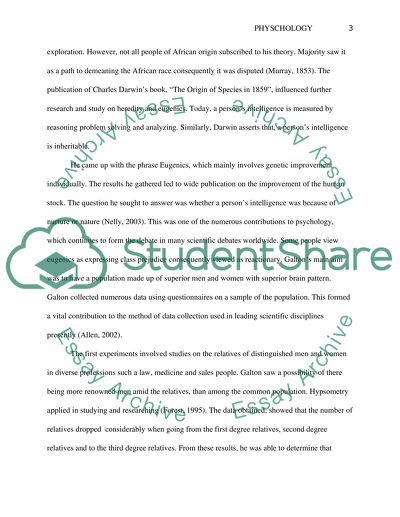Cite this document
(“Francis galton Assignment Example | Topics and Well Written Essays - 1000 words”, n.d.)
Francis galton Assignment Example | Topics and Well Written Essays - 1000 words. Retrieved from https://studentshare.org/psychology/1461019-francis-galton
Francis galton Assignment Example | Topics and Well Written Essays - 1000 words. Retrieved from https://studentshare.org/psychology/1461019-francis-galton
(Francis Galton Assignment Example | Topics and Well Written Essays - 1000 Words)
Francis Galton Assignment Example | Topics and Well Written Essays - 1000 Words. https://studentshare.org/psychology/1461019-francis-galton.
Francis Galton Assignment Example | Topics and Well Written Essays - 1000 Words. https://studentshare.org/psychology/1461019-francis-galton.
“Francis Galton Assignment Example | Topics and Well Written Essays - 1000 Words”, n.d. https://studentshare.org/psychology/1461019-francis-galton.


